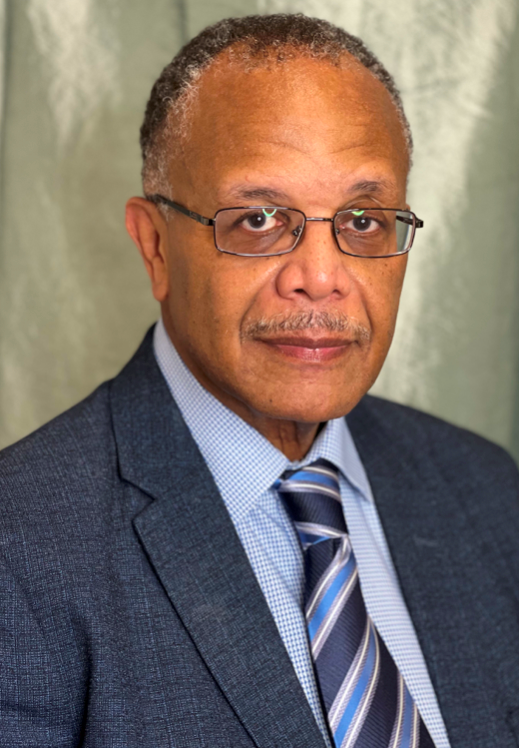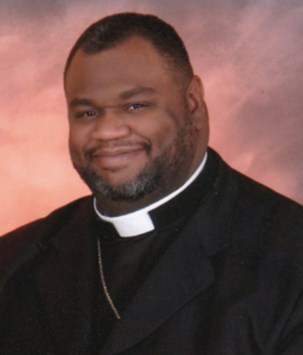
Dr. J.L. Cook
Founder

The North Carolina College of Theology was founded by Dr. J. L. Cook in 2001. His goal was to educate men and women with the Word of God. We have accomplished this goal with thousands of students graduating and having successful ministries. Moving forward, in 2021 we divided The North Carolina College of Theology into two separate entities with The North Carolina Bible Institute carrying on as our correspondence institute. The curriculum remains the same with our vision and mission still being to educate men and women with the Word of God. The North Carolina Bible Institute will strive to reach the world, one student at a time.
NCCT, a Christian institution, is equipping and empowering students within the world marketplace for Godly stewardship by preparing Christian servants who will become spiritually vibrant, Biblically strong, theologically balanced, Spirit-empowered, ministry-equipped and culturally sensitive.
NCCT, a Christian institution, is reaching the world for Jesus one student at a time, equipping them with Biblical sound knowledge, for effective leadership and servant-hood to impact the Church, marketplace and the world.
The following are the Institutional Goals in support of the NCCT mission and to guide faculty, staff, administration, and the governing board decisions as it may relate to strategic planning, resource capacity and allocation, and program development and quality. Student objectives and program learning outcomes are identified for each degree offering in support of NCCT’s mission. This first development of an IE plan is NCCT’s promise of serving the mission, committing to continuous institutional and program improvement, and enhancing quality and transparency within and outside of institutional borders.
In selecting program objectives or student learning outcomes, NCCT assures a balanced approach for determining the effectiveness of each degree program through the use multiple measures, both internal and external with direct and indirect assessment features. Table 1 offers the multiple measure model for both the Associate of Arts and Bachelor of Arts in Biblical Studies to ensure the programmatic learning objectives and student outcomes.
This course is a broad overview of computer security topics, including security threats, personal computer security, operating system security, web security, physical security, access control, intrusion detection, anti-virus & anti-spyware systems, cryptography, steganography, security models & practice, business continuity & disaster recovery, and risk management. A brief introduction to secure software development is included. The course will not include a significant coding component.

Founder

President/CEO

Vice President of Academics

Chairman Board of Directors







The North Carolina College of Theology admits students of any race, color, national or ethic origin with all rights, privileges, programs, and activities generally accorded or made available to students of NCCT. The North Carolina College of Theology does not discriminate on the basis of race, color, national or ethnic origin in administration of it's policies, loan programs, or other school administered programs.
© Copyright 2026.
North Carolina College of Theology. All Rights Reserved.
Website & Hosting by BlueTone Media